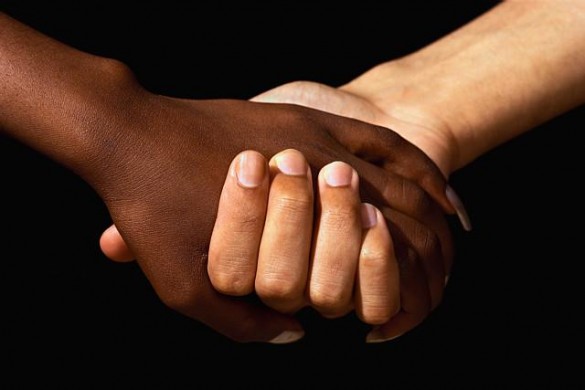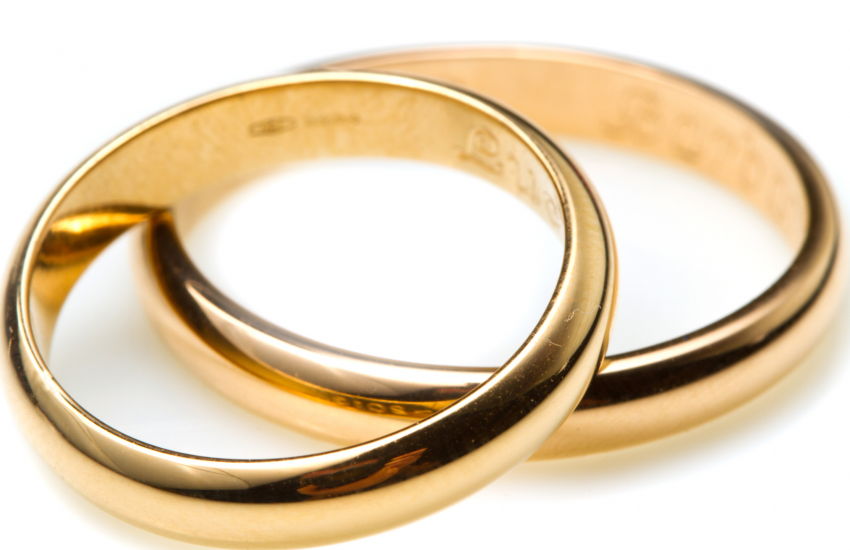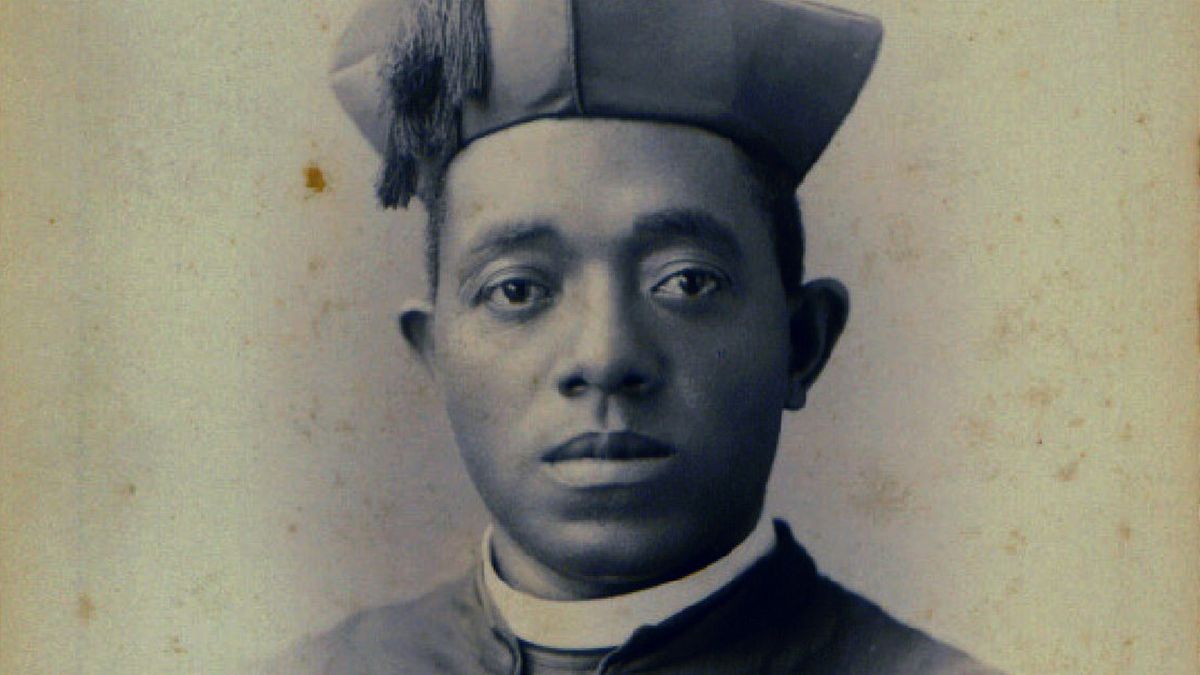Apples & Oranges
Yesterday I posted about religious liberty, going into the distinction made in moral philosophy between proximate and remote material cooperation with immoral acts. I wrote about business owners’ right to decline certain jobs or contracts for things which would violate their conscience.
This discussion, of course, is relevant because of the ongoing national discussion over homosexual marriage. You may have read my post from yesterday and asked yourself, “Wouldn’t those same arguments apply to those who disagree with interracial marriage? People once thought that was wrong, but now we understand that to be bigotry which society cannot tolerate. Isn’t same-sex marriage the same thing?”
Same-sex marriage and interracial marriage are in fact two very different matters. The easiest way to explain the distinction is with a question. The question involved in interracial marriage is, “Should these two people get married?” The question involved in same-sex marriage is, “Could these two people get married?” Those are two fundamentally different questions.
The Catholic Church has never viewed race as an impediment to marriage. The opposition that once existed to interracial marriages was based on societal conventions, not Church teaching. The Catholic Church and other Christian bodies have contributed to the ongoing change in attitudes over race relations. The Second Vatican Council taught that, “Every form of social or cultural discrimination in fundamental personal rights on the grounds of sex, race, color, social conditions, language, or religion must be curbed and eradicated as incompatible with God’s design” (Gaudium et Spes, 29, 2).
The issue in the past with interracial marriages was never about whether the couple could validly be married, but whether society should accept people in such marriages. Interracial marriages caused scandal in a society where black and white people were thought to be on very different rungs of the societal ladder. Likewise marriages between rich and poor were seen as scandalous, as were inter-religious marriages. People were expected to marry within their own social class.
The question in all of these cases was never “is this marriage valid?” but, “is this marriage a good idea?” Today, due largely to the efforts of Christians participating in the Civil Rights movement of the mid-20th century, marriages between people of different races, religions and economic classes are widely accepted. This is a change for the better.
When it comes to the question of same-sex marriage, however, there is a different issue in play. The question is not whether such a marriage is a good idea, or whether it would cause scandal. The question at hand is whether this is a marriage at all. Are two people of the same sex even capable of entering into marriage? The answer, according to how the world has always understood marriage up to this point, is No.
For many centuries, western society has understood marriage to be what the Catholic Church defines as a “covenant by which a man and a woman establish between themselves a partnership of the whole life… by its nature ordered toward the good of the spouses and the procreation and education of offspring” (CCC 1601). Granted, throughout the long span of human history and across a wide range of cultures, one can find different understandings of marriage. Not all societies view marriage as monogamous. Not all societies view it as a life-long bond. But all forms of marriage everywhere have involved a joining of male and female for the procreation of children. The gradual widespread understanding of marriage as a mutually exclusive, life long relationship has been refined largely because such a relationship is best suited for the good of the spouses and of the children.
Accepting interracial marriages required a change in how our society understood race. We no longer view race as a valid reason for discrimination, and rightly so. There is nothing about the color of one’s skin that should prohibit anyone from entering into a marital covenant as described above.
But accepting same-sex marriage requires a change in how our society understands marriage. When opponents of same-sex marriage say, “This issue is not about homosexuality, but about marriage,” this is what they mean. To accept same-sex marriage means discarding old ideas about the nature of marriage and defining it as something else; some other kind of relationship. What the new definition of marriage is to be is yet to be seen. But this is what is at stake.
Whether society’s understanding of marriage should stay the same, ought to be changed, or has already been changed, is a topic for another article. But comparing the issue of same-sex marriage to interracial marriage is like comparing apples and oranges. It is a red herring that misses the crux of the issue currently before our country.



